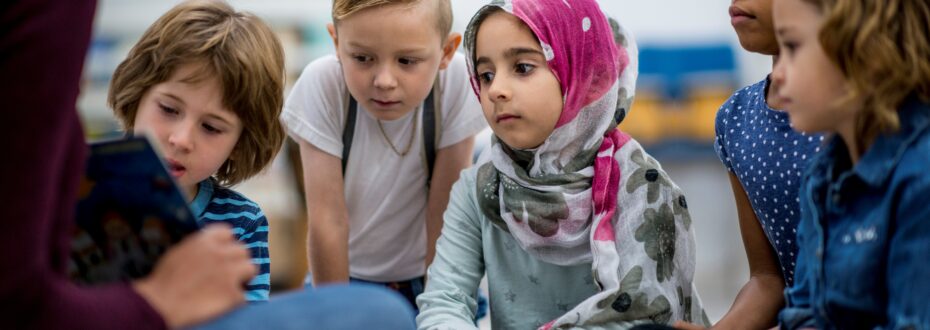Rising levels of poor mental health among children and young people underline the need for sustained investment in services that will promote good mental health, reduce inequalities and support children experiencing difficulties, Centre for Mental Health chief executive Sarah Hughes said today.
Responding to the publication by NHS Digital today of the national survey of children and young people’s mental health, Sarah Hughes said: “We now know that more than one child in eight is currently experiencing a mental health difficulty. This compares with one in ten the last time this was surveyed in 2004. And 5% of children have at least two different mental health problems.”
The survey shows that emotional difficulties affect 8% of children at one time and are more common among girls than boys. Behavioural problems affect up to 5% and are higher among boys. Emotional difficulties have risen significantly since the last survey in 2004 while other conditions have remained stable.
More than one child in eight is currently experiencing a mental health difficulty. This compares with one in ten the last time this was surveyed in 2004.
“Today’s survey results underline the case for a comprehensive approach to improving children’s mental health. Childhood mental health difficulties are inextricably linked to social and economic inequalities, the adversities children encounter and the environments they live in.
“That means investing not just in more and better mental health services for children and young people but in taking action across government to protect and promote mental wellbeing.
“We know that poverty, inequality and housing insecurity are closely linked with childhood mental health difficulties so we need to see concerted action to reduce these nationwide. Today’s survey shows that children in low income households are more than twice as likely to have a mental health problem as those in higher income households.
We know that poverty, inequality and housing insecurity are closely linked with childhood mental health difficulties so we need to see concerted action to reduce these nationwide.
“We know that childhood behavioural difficulties have lifelong consequences for mental and physical health so we need to help families using proven parenting programmes. The postcode lottery in the availability of effective parenting support needs to end.
“We know that bullying, abuse and neglect damage children’s mental health so we need to take effective action to tackle them. This should include equipping all schools to support children’s mental health, for example through classroom-based programmes for all as well as help for children who are experiencing difficulties and action to prevent exclusions. The survey shows that nearly 7% of children with a mental health difficulty were excluded from school, compared with just 0.5% of those without. This requires urgent attention and concerted action.
“The survey is also a reminder of the connections between mental and physical health. Three quarters of children with a mental health difficulty also had at least one physical health condition and a quarter had a limiting long-term illness. The survey also shows that children with learning disabilities and special educational needs were far more likely to have a mental health problem.
The survey is also a reminder of the connections between mental and physical health. Three quarters of children with a mental health difficulty also had at least one physical health condition and a quarter had a limiting long-term illness.
“The survey shows that two-thirds of children with a mental health difficulty had ‘contact with a professional service’. Half sought help from teachers and one-third from a GP, while one-quarter were in contact with specialist services: the same proportion as in 2004.
“We welcome the Government’s commitment to extending mental health support in schools and to making children and young people’s mental health a priority in the long-term NHS plan. These are important steps forward. But they will not be enough on their own to bring about the shift in children’s mental health that will protect and promote future generations. For that we need a whole Government strategy to bring about system change nationwide and support local authorities, the voluntary sector, schools, families and children and young people themselves to make a difference in their communities.”


